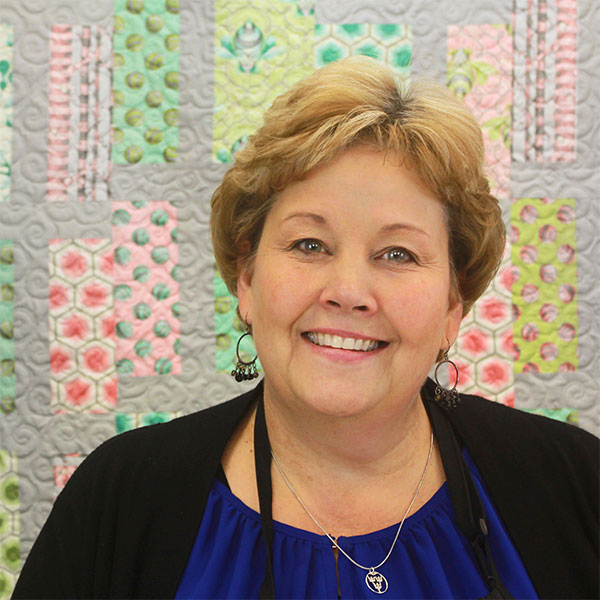Our prompt for this month's meeting of our writing group, WordPlay, was "Upside Down."
I laughed thinking
about it, because it seems as if all of life since the day I retired has been,
if not completely tumbled, at least tilted. Crooked.
I thought it would
be hard not having a routine that required me to be somewhere at a certain time
five days a week. Although I looked forward to it, I also thought it would be a
process.
I was used to it
the first Monday I didn’t have to get dressed and leave the house.
I thought it would
be a piece of cake sharing the house with my husband. After all, we’d loved
each other for two thirds of our lives and had often said how nice it would be
to have more time together.
Well, maybe not
that much time. And I was startled
that he didn’t want to travel a few times a year—maybe twelve. He was surprised
that I did.
Since a college
education hadn’t been part of my past, I wanted to make it part of my future. I
didn’t mind that I’d be the oldest kid in class. I wasn’t aiming for the dean’s
list or any of those Latin phrases in my GPA. I just thought it would be fun to
learn. To interact with different generations and different demographics.
It wasn’t. I
learned, but my retention was that of a 60-year-old, not a traditional college
freshman, and interaction didn’t happen. I wanted it to, but maybe I went about
it wrong. Maybe…I don’t know, but upside down wasn’t the right way to be then.
I stopped after three classes. Tilted some more to try to find the right path
for me.
I walk fast. I
mean, I really don’t, because I have short legs so even though I’m hustling
along, I can’t keep up with anyone else. I also don’t watch where I’m going or
pick up my feet. (Yes, my mother did speak to me about these issues. So did my
husband. No, I didn’t listen.)
So it shouldn’t
have been a surprise when I tripped over a flat spot in the tile while
volunteering at the hospital. I found out from my prone position what the term “rapid
response” means. It means 15 people arrive in seconds, look down at you in
consternation, and ask if “she” blacked out. If “she” is all right. If “she”
can get up. I had gone bodily upside down in the space of a heartbeat and it created
a mental topsy turvy at the same time. I am the mother and the nana and the
daughter. I don’t need care, for
heaven’s sake—I give care. I don’t
call my husband and ask for him to come and take me home—I’m the person who
supplies a ride to whomever needs one. I don’t use the ER at the hospital—I pick up their mail on my rounds as a
volunteer messenger.
Twyla Tharp said, “In
dreams, anything can be anything, and everybody can do. We can fly, we can turn
upside down, we can transform into anything.”
Sometimes, in our turns upside down, we
see new limitations. We see dreams die and we have to look off at a new angle
to find new ones. We get hurt and often before the bruises heal, we are hurt again.
There are no arrows that warn us that “this side up” is the way to go, so we
fall again and again, whether it’s literally or figuratively.
That is where we are in retirement. We’re
too often upside down. Too often on a tilt. Unlike Ms. Tharp’s hopeful quote, we
can no longer transform into anything—our
butterfly phase has long passed. But we can still transform, still turn
ourselves in a direction where we can see sunlight. And the results are still
beautiful.





This was such a fun post. It's interesting to experience each new phase in our lives. We're retired now, too, and I love it. Enjoy yourself, too.
ReplyDeleteThanks, Judy--it is fun, isn't it?
DeleteI love reading post like this so amazing !
ReplyDeleteThank you!
Delete